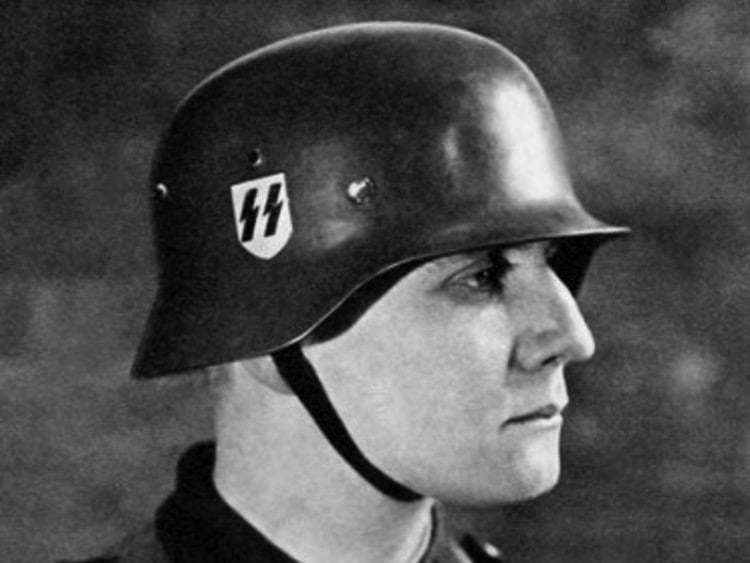Here’s a question that’s worth thinking about: If your government kills someone, are you responsible in some way, even if you don’t support them? What if your government kills millions of people? And what if you’re the one supplying the poison gas they use to do it? Those aren’t questions most people will probably ever have to answer. But Kurt Gerstein did. Gerstein was a devout Christian and hated the policies of the Nazis. And he was also an SS officer who helped carry out the Holocaust. According to Gerstein, that’s because he joined the Party to take them down from the inside. But that’s a little hard to believe, right?
After all, Gerstein found himself on trial after the war like many Nazis. And if you were on trial for war crimes, that would be a pretty good defense, wouldn’t it? You didn’t join the SS to help kill Jews, you joined to help save them. But Gerstein made a pretty convincing case. In fact, Gerstein was one of the people who first tried to tell the world what was happening inside Nazi Germany. So, who was Gerstein? How did a man who hated the Nazi regime and wanted to save Jews end up helping to carry out the Holocaust? And was he really telling the truth?

Who was Kurt Gerstein?
Gerstein was the son of a German military officer who taught his son that their family was racially superior to other Germans. He also taught the boy that the Germans were better than everyone else. And he tried to teach him to always obey the orders of the state. But while Gerstein’s family wasn’t religious, Gerstein was. He seems to have become devoutly Christian in college. But like many young Germans, Gerstein was very attracted to the Nazi Party when it first came to power. In 1933, Gerstein decided to join the SA, or “storm-troopers,” the paramilitary wing of the Nazis.
Of course, in Nazi Germany, you couldn’t obey the Church and Hitler at the same time. The Nazis demanded that every German put Hitler and the state above everything, even God. And shortly after seizing power, they began trying to break the grip of the Church on the nation. They frequently tried to remind the Germans of their pagan ancestors with plays and operas. And at one of these plays telling the story of the Pagan Saxon leader Widukind, the religious Gerstein decided he’d had enough. He stood up and loudly protested the anti-Christian message of the play.

A group of SS men in the audience then grabbed Gerstein and dragged him outside. There, they beat him savagely. This was probably the beginning of Gerstein’s opposition to the Nazis. And he was arrested a year later for handing out anti-Nazi pamphlets. Gerstein spent five weeks in prison and was officially expelled from the Party. This meant he couldn’t find work in Germany. But thanks to his father, Gerstein finally managed to rejoin the Nazis in 1939. Of course, 1939 was the year that war broke out in Europe. And it was also the start of Gerstein’s journey to becoming an important cog in the Nazis’ deadly machine.

